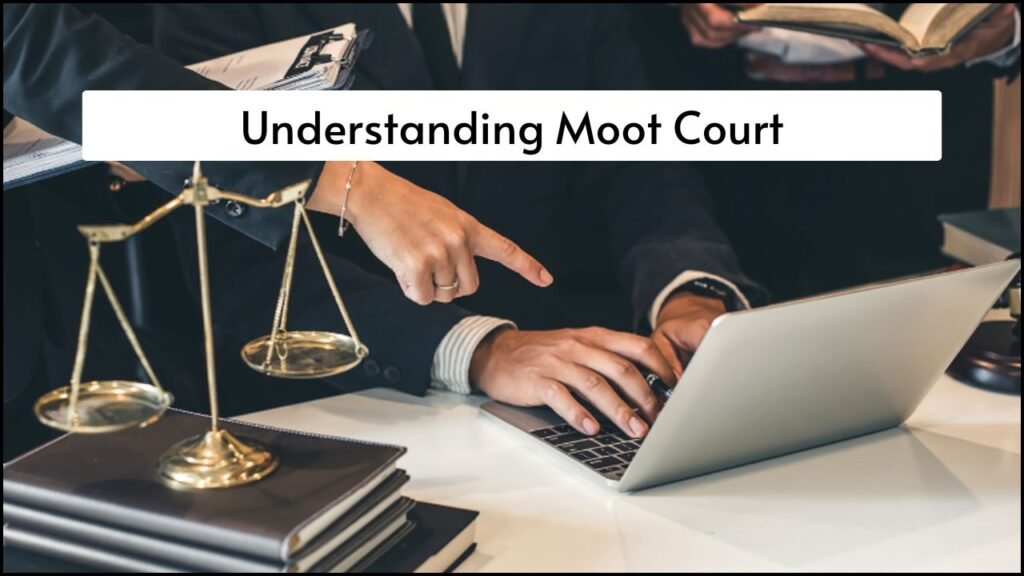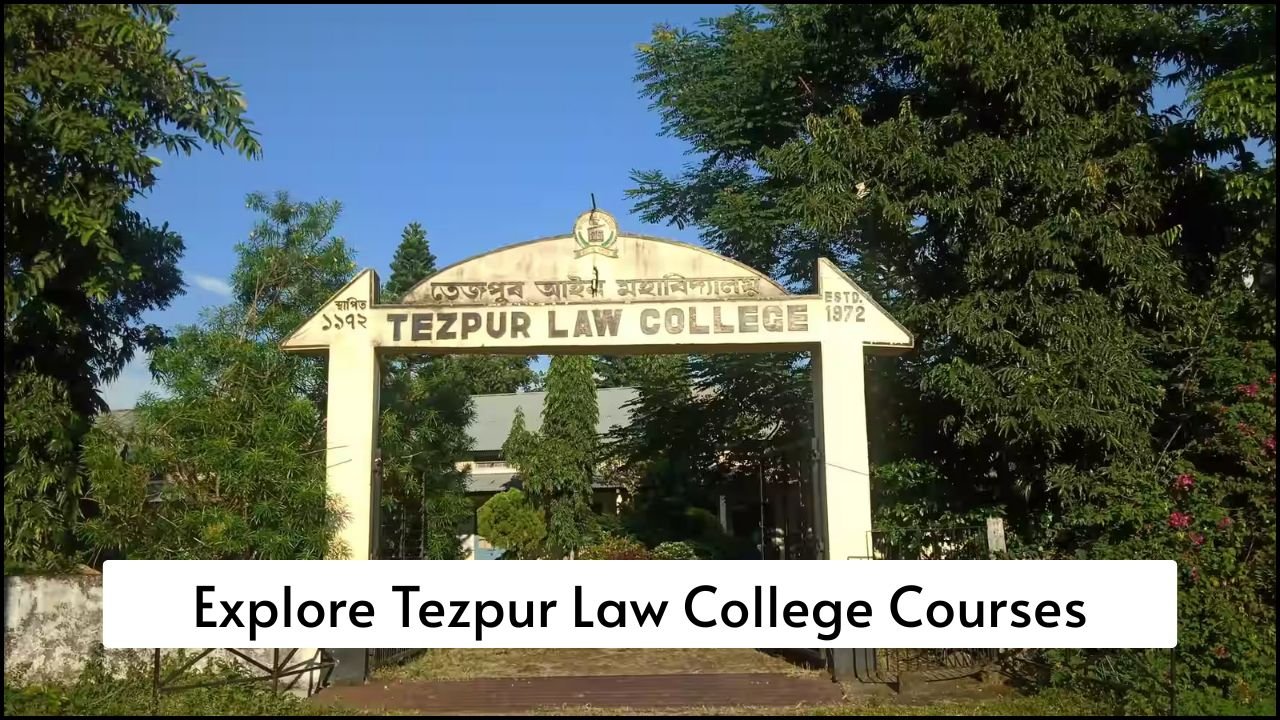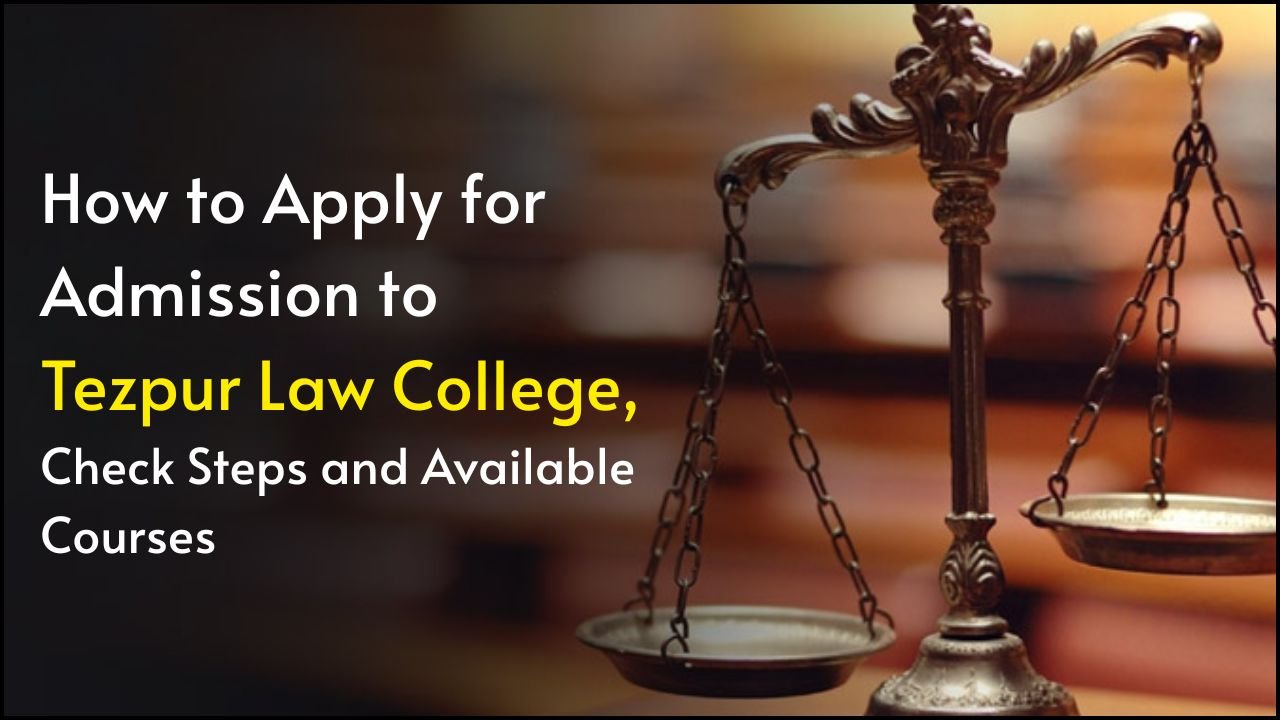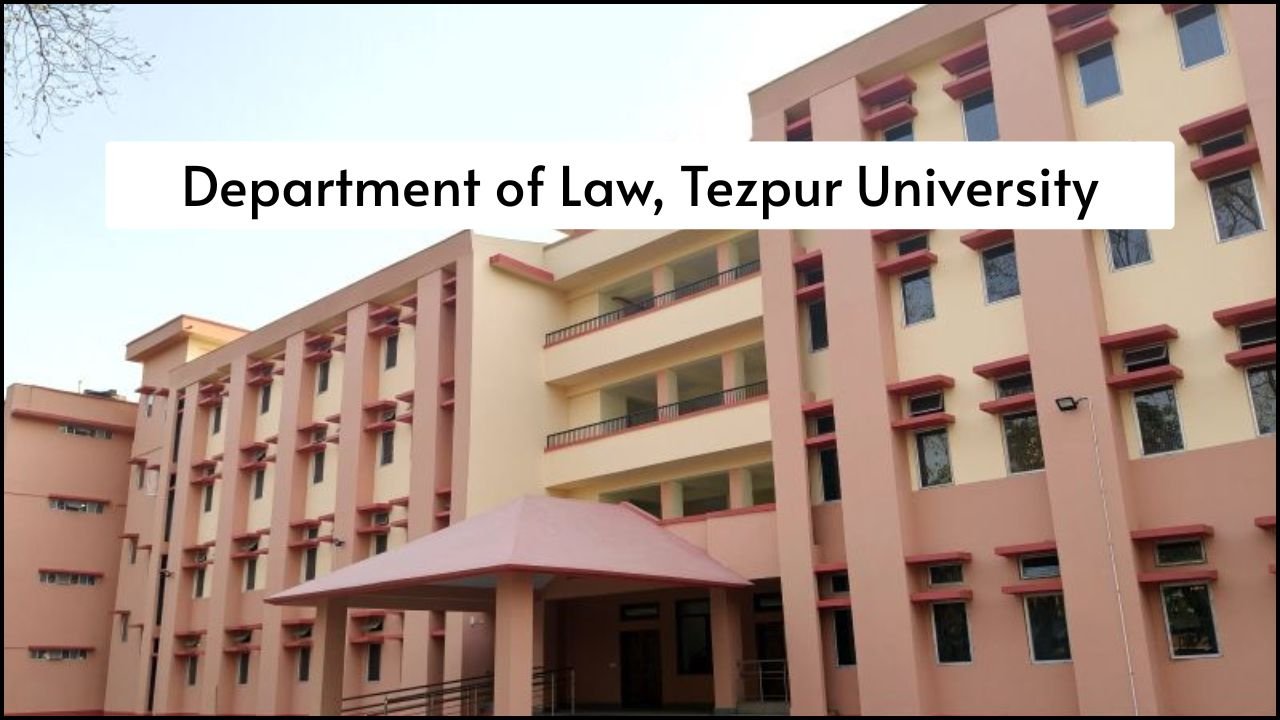
Law school is more than memorizing statutes and reading case law. While theoretical knowledge forms the foundation of legal education, applying this knowledge in practical situations is the real challenge. This is where moot court plays, serving as a crucial bridge between classroom learning and real-world legal practice.
For law students, especially those in smaller cities and towns, moot court represents an invaluable opportunity to gain hands-on experience without stepping into an actual courtroom. It provides a safe, controlled environment where future lawyers can make mistakes, learn from them, and develop the skills they’ll need throughout their careers.
Table of Contents
What is Moot Court?
Moot court is a simulated court proceeding where law students argue hypothetical cases before a panel of judges. Unlike debates or mock trials, moot court focuses specifically on appellate advocacy, meaning students typically argue points of law rather than questions of fact. The term “moot” originally meant a discussion or debate, and in legal education, it has evolved to mean a practice court session.
In a typical moot court exercise, students are given a legal problem based on a fictional case. They must research the relevant law, prepare written briefs, and present oral arguments defending their client’s position. The experience mirrors what lawyers do in real appellate courts, making it an essential component of legal education.
The process usually involves teams of students representing different parties in a case. They prepare extensively, researching statutes, case law, and legal precedents to build their arguments. Then, in a formal setting that mimics a real courtroom, they present their cases before judges who are often practicing lawyers, professors, or senior students.
The Structure of Moot Court Competitions
Understanding how moot court works helps appreciate its educational value. Most competitions follow a similar structure, though specific rules may vary.
Competition Format
| Component | Description | Duration |
|---|---|---|
| Written Memorial | Detailed legal brief outlining arguments | 25-30 pages typical |
| Oral Rounds | Presentation before judges | 30-45 minutes per team |
| Preliminary Rounds | Initial competition rounds | Multiple rounds over 1-2 days |
| Semi-finals | Advanced rounds for top teams | 1 day |
| Finals | Championship round | Final day |
Team Composition
Most moot court competitions use teams of two or three students. Each team member typically specializes in different aspects of the case, though all must be prepared to answer questions on any part of their argument. This structure teaches students to work collaboratively while developing individual expertise.
Judging Criteria
Judges evaluate participants on several factors, creating a comprehensive assessment of legal skills.
| Criteria | Weight | What Judges Look For |
|---|---|---|
| Legal Knowledge | 25% | Understanding of relevant law and precedents |
| Oral Advocacy | 30% | Clarity, persuasiveness, and courtroom presence |
| Written Brief | 25% | Quality of legal writing and argument structure |
| Response to Questions | 20% | Ability to think on feet and address judicial queries |
Skills Developed Through Moot Court
Participating in moot court develops a wide range of skills that extend far beyond the courtroom. These skills form the foundation of effective legal practice and are highly valued by employers and clients alike.
1. Research and Legal Writing
The written component of moot court requires students to conduct extensive legal research. They must find relevant cases, statutes, and legal principles, then synthesize this information into a coherent argument. This process teaches students how to use legal databases effectively, identify the most persuasive authorities, and present complex legal concepts.
The memorial or brief writing process is particularly valuable because it mirrors what lawyers do daily. Students learn to structure legal arguments logically, cite authorities properly, and write in the precise, formal style required in legal practice. Many students find that their legal writing improves dramatically after participating in moot court.
2. Oral Advocacy Skills
Standing before a panel of judges and presenting legal arguments is intimidating, even in a simulated setting. This experience teaches students to organize their thoughts clearly, speak confidently, and maintain composure under pressure. They learn to make eye contact, use appropriate gestures, and modulate their voice for maximum impact.
Perhaps more importantly, students learn to handle judicial questioning. Judges in moot court, like those in real courts, interrupt presentations to ask challenging questions. Students must learn to listen carefully, provide direct answers, and gracefully return to their prepared remarks. This skill is crucial for any lawyer who plans to argue cases in court.
3. Critical Thinking and Analysis
Moot court problems are designed to be complex, often involving competing legal principles or novel applications of existing law. Students must analyze these issues from multiple angles, anticipate counterarguments, and develop strategies to address weaknesses in their position.
This analytical process teaches students to think like lawyers. They learn to identify the key issues in a case, research relevant legal principles, and apply abstract legal concepts to specific factual situations. These skills are essential not only for litigation but for all areas of legal practice.
4. Time Management and Teamwork
Preparing for moot court requires significant time management skills. Students must balance their regular coursework with intensive research, writing, and practice sessions. They learn to work efficiently under pressure and meet strict deadlines.
The team-based nature of most competitions also teaches valuable collaboration skills. Students must divide work effectively, coordinate their efforts, and present a unified argument despite potentially different perspectives on the case.
Benefits for Legal Education
Moot court provides benefits that extend throughout a student’s legal education and into their professional career.
1. Practical Application of Theory
One of the biggest challenges in legal education is helping students understand how abstract legal principles apply to real situations. Moot court bridges this gap by requiring students to use theoretical knowledge to solve practical problems. They see how different areas of law interact and learn to synthesize information from multiple sources.
2. Confidence Building
Many law students feel intimidated by the prospect of speaking in court or arguing with opposing counsel. Moot court provides a supportive environment where students can practice these skills and build confidence. The experience of successfully presenting arguments before judges gives students the self-assurance they need to succeed in practice.
3. Networking Opportunities
Moot court competitions bring students into contact with practicing lawyers, judges, and professors who serve as judges. These interactions provide valuable networking opportunities and help students understand different career paths within the legal profession. Many students receive job offers or internship opportunities through connections made at moot court competitions.
4. Resume Enhancement
Participation in moot court demonstrates a student’s commitment to developing practical legal skills. Employers value this experience because it shows that students have gone beyond the minimum requirements of their coursework to seek additional challenges. Success in competitions can be particularly impressive to potential employers.
Importance for Students in Smaller Cities
For students attending law colleges in smaller cities like Cooch Behar, moot court takes on additional significance. These students may have fewer opportunities to observe real court proceedings or interact with practicing lawyers. Moot court helps level the playing field by providing similar experiences to what students in major metropolitan areas might take for granted.
1. Access to Quality Legal Education
Law colleges in smaller cities often focus on making legal education accessible to students who might not otherwise have the opportunity to pursue law. Institutions like the Indian Institute of Legal Studies in Cooch Behar provide affordable, high-quality education to students from rural or economically disadvantaged backgrounds.
For these students, moot court becomes even more crucial because it may be their primary exposure to practical legal skills during law school. The skills they develop through moot court help ensure they can compete effectively with graduates from more prestigious institutions in major cities.
2. Competing on a National Level
One of the most valuable aspects of moot court for students in smaller cities is the opportunity to compete with peers from across the country. This exposure helps students understand national standards and expectations in legal practice. It also motivates to excel and demonstrates that quality legal education is not limited to major metropolitan areas.
3. Building Professional Networks
For students who plan to practice in their home regions, moot court helps them build professional networks that will be valuable throughout their careers. Local lawyers and judges who serve as moot court judges often become mentors and professional contacts for students.
Preparing for Real-World Practice
The skills developed in moot court translate directly to legal practice. Whether students plan to become litigators, corporate lawyers, or government attorneys, the analytical thinking, research skills, and communication abilities developed through moot court will serve them well.
1. Litigation Skills
For students interested in litigation, moot court provides the closest approximation to real courtroom experience available in law school. The skills developed in moot court – legal research, brief writing, and oral advocacy – are the core competencies of successful litigators.
2. Client Communication
The communication skills developed in moot court extend beyond the courtroom. Lawyers must be able to explain complex legal concepts to clients, opposing counsel, and other non-lawyers. The clarity and precision required in moot court presentations help students develop these essential communication skills.
3. Professional Confidence
Perhaps most importantly, moot court helps students develop the confidence and professionalism required for successful legal practice. The experience of standing before judges and presenting arguments professionally prepares students for the many challenging situations they will face as practicing lawyers.
Looking Ahead
Moot court represents one of the most valuable experiences available to law students. It bridges the gap between theoretical knowledge and practical application, providing students with essential skills that will serve them throughout their careers. For students in all locations, but particularly those in smaller cities who may have limited access to other practical learning opportunities, moot court offers an invaluable chance to develop professional skills and compete on a national level.
The combination of research, writing, and advocacy skills developed through moot court creates well-rounded lawyers who are prepared for the challenges of modern legal practice. As legal education continues to evolve, moot court remains a cornerstone of practical legal training, ensuring that graduates are ready to serve their clients and communities effectively.
Whether students plan to practice in major metropolitan areas or return to serve their local communities, the skills and confidence developed through moot court will help them succeed. In this way, moot court not only benefits individual students but also contributes to building a stronger, more accessible, and more equitable legal system for everyone.





